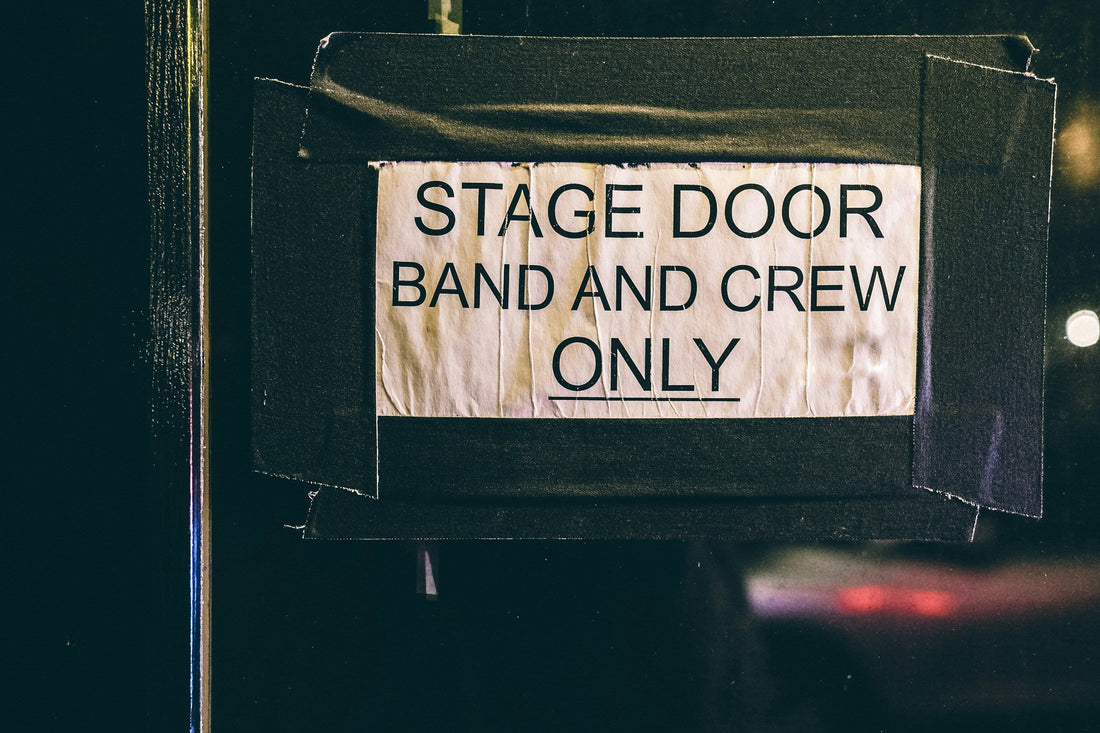
The UK's best-surviving grassroots music venues
Share
It’s no secret that over the past decade, grassroots music venues (GMVs) in the UK have sadly disappeared. GMVs are the lifeblood of the UK’s music scene, nurturing emerging talent and launching the careers of some of the world’s most legendary artists and bands.
In 2023 alone, 125 grassroots music venues (GMVs) in the UK permanently closed, according to the Music Venues Trust’s annual report. That’s 16% of all GMVs in the UK. Sadly, there are now just 835 venues left.
What’s happening?
Almost half of venues (42.1%) were forced to close due to financial issues, including soaring utility bills and an average 37.5% rent hike, while 22.4% shut their doors due to operational issues, such as noise complaints. A further 11.8% closed due to eviction or redevelopment and less than a quarter of venues (23.7%) did not disclose the reason.
With music venues struggling to recover from the economic cost of the pandemic, a lingering cost of living crisis, and a lack of government support, it’s not difficult to see why so many independent venues have closed and continue to do so.
Depsite closures soaring, interest in them has also surged, with Google Trend searches for “grassroots music venues” rising by 70% over the last year. Additionally, the Music Venues Trust reported that over 187,000 grassroots music events were held in 2023 alone, attracting a combined crowd of over 23.5 million.
With grassroots gigs drawing impressive audience numbers, venues generated over £500m in revenue yet made just £2.5m profit – that’s a mere 0.5%. These figures emphasise the devastating yet vivid picture of the grassroots music industry.
Despite a bleak-looking future, the public, music enthusiasts, and industry advocates across the UK are remaining steadfast in their bid to support and root for GMVs. With this in mind, we wanted to find out which areas in the UK are thriving against the odds. This is what we found.

Music in the Midlands
Analysing data from the Small Music Venues Index, we found that, unsurprisingly, London has the highest number of grassroots music venues in the UK. When looking at population figures, however, the West Midlands takes the lead with 9.9 music venues per million people.
Birmingham, the heart of the West Midlands and birthplace of Black Sabbath, is known for its diverse music scene, from heavy metal to hip hop. With incredibly popular independent venues like The Jam House and The Flapper, the city and wider region is home to a thriving music scene.
That said, Birmingham has also experienced its fair share of closures. A recent and unfortunate example is, Jukeboxers, a beloved live music and piano bar, which was forced to close due to astronomical utility bills and rent expenses.
In second place sits Yorkshire & The Humber, which is home to 8.2 small music venues per million people, followed by Scotland at 7.7 per million people, and Wales at 7 per million people.
Despite having, arguably, the most prominent music scene in the country, London has just 6.4 music venues per million people. Still, the capital can’t help but boast a plethora of booming independent music venues, from the glitz and glam of MOTH Club to the Americanesque-aura of The Lextington.
The death of grassroots gigs
The North West has suffered the most closures, with a staggering 19 venues closing, followed by London with 17 closures, Yorkshire & The Humber with 16 closures, and the West Midlands with 10 venue closures.

Birthplace of the Beatles, it’s no surprise that Liverpool has a thriving music scene, yet it’s also in the region that’s seen the most GMV closures. Jimmy’s, a much-loved rock venue, and Melodic Distraction, a radio station and bar, were among many other grassroots venues forced to close their doors in 2023.
With a diverse yet competitive music scene, it’s perhaps no surprise that London has seen a number of independent venues close. From Ghost Notes in Peckham, a previous haven for jazz and funk lovers, to the once-lively Montague Arms in Lewisham, the capital has suffered some big losses. In fact, the UK has a whole has seen devastating closures of some truly beloved venues.
All is not lost, however. After a recent inquiry into this crisis, the Government has proposed two initiatives: £500,000 from Arts Council England (ACE) to help the Music Venue Trust (MVT) acquire at-risk venues, and a £4 million annual fund for two years to support grassroots music venues and promoters. However, ACE acknowledged that their investment cannot resolve all challenges despite their commitment to making funding accessible.
While there’s still a way to go, hopefully these initiatives will help alleviate some of the financial pressures GMVs are facing. As the lifeblood of the UK’s music industry, it’s crucial to continue supporting grassroots music venues and keep the music scene thriving.
